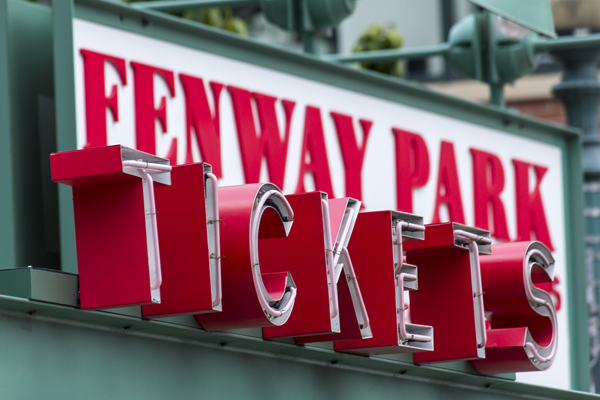
Idea Summary: Darwin places youth data in the hands of parents. Darwin empowers parents to invest that resource with educators, technologists, and researchers to ensure the best programs for their children. Click here to vote for this idea.
You can't go a week in government these days without hearing about big data. To date, the common approach with big data calls for big systems within big institutions engaging in big computation to dictate comprehensive operations.
Now, I may not be a technologist, but I know something about cities and what makes them great. If we only use data to promote efficiency and not also engage and empower our residents, we're missing the greatest opportunity that both technology and cities offer. Data, safely shared, can inspire technological innovation and improve communication not just within city halls, but across and between entire cities, uniting entrepreneurs and residents in fundamentally new ways. You can see this catalytic effect of data in arenas as varied as mass transit, weather forecasting, and home buying.
That's why, through the Mayors Challenge, my administration is pursuing a project that my team calls Darwin. Darwin seeks to spark a revolution in education technology. It starts with the simple but radical belief that cities don't own youth data; parents do. Darwin places youth data in the hands of parents. Darwin empowers parents to invest that resource with educators, technologists, and researchers to ensure the best programs for their children.
To implement this project, we're taking a new approach to what are perceived as three traditional obstacles:
- Eliminating Silos: Government usually provides service in silos and stores its data accordingly; but, people don't live that way. With this project, we are exploring how interested parents can unite data sets across service providers so that they can create a more complete and rich view of their child. This data could include information such as school grades and afterschool attendance. This data would be stored in personal "data lockers," secure places in the cloud, controlled by each parent.
- Ensuring Privacy: There are a range of very valuable laws safeguarding youth data and for good reason. We should not, however, make it nearly impossible for a parent to share school information about her child, for example, with an afterschool program if it could improve outcomes for her child. In our approach, we're exploring how we can let residents easily and securely share data from their own personal data lockers for specific purposes with specific individuals.
- Ending Bureaucracy: I am out talking to people in our neighborhoods all the time. I know that the best ideas are ones that either come directly from our residents or are grounded in their concerns. The traditional big data approach keeps information within the bureaucracy - a step removed from the people. By putting control of data in the hands of the parents, we're letting the people decide in what programs, with what organizations, and to what ends they want to invest this asset. To spur this process, we'll work with parents, students, and educators to design a core set of applications.
By addressing these obstacles, we'll explore how government can not only leverage big data but also - and more powerfully - help residents leverage their data. And, nowhere is this more important than in education, where the need is critical and, with an exploding educational technology sector, the opportunity immense. Cities have been sitting on data for too long. Let's make it work better for our kids by putting it in the hands of their parents.

This post is an entry in the Mayors Challenge Fan Favorite Selection, a partnership between The Huffington Post and Bloomberg Philanthropies that allows readers to vote on their favorite idea among the 20 Mayors Challenge finalists. The Mayors Challenge is a competition to inspire American cities to generate innovative ideas that solve major challenges and improve city life. To view the ideas from the 20 finalists, click the grid below -- and then vote for your favorite here! And follow the conversation on Twitter with hashtag #MayorsChallenge.
Bloomberg Philanthropies' Mayors Challenge finalists:




















